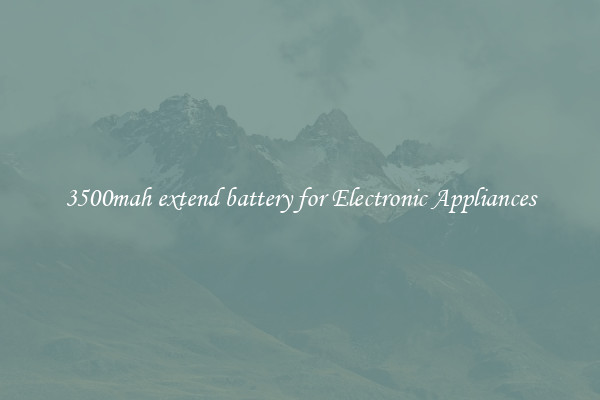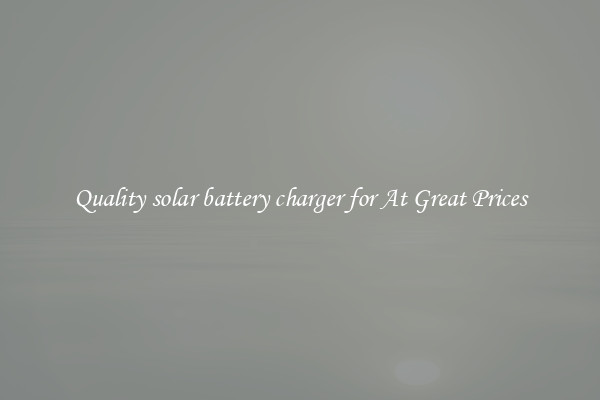battery cells for solar panels for Electronic Appliances
Battery Cells for Solar Panels: Empowering Electronic Appliances

In recent years, solar energy has emerged as a prominent alternative to traditional power sources. This sustainable power generation method relies on the abundant sunlight to convert into electrical energy. However, one of the primary challenges for solar energy systems has been storing energy for use during non-sunny periods. This is where battery cells for solar panels come into play, offering a reliable and efficient solution for powering electronic appliances.
Battery cells, also known as solar batteries or solar energy storage systems, are an integral component of solar panel installations. These cells ensure a continuous supply of electricity by storing the excess energy produced during peak sunlight hours for later use. By acting as energy reservoirs, battery cells enable electronic appliances to function even when the sun is not shining, ensuring uninterrupted power supply.
One of the key advantages of battery cells for solar panels is their ability to provide independence from the grid. With the installation of battery cells, individuals and businesses can harness the energy produced by their solar panels and use it whenever required. This independence translates into reduced reliance on fossil fuel-based electricity, resulting in cost savings and environmental benefits. Additionally, battery cells also act as backup systems, ensuring a power supply during outages or emergencies.
Battery cells for solar panels are available in various types, each with its specific features and characteristics. Lithium-ion batteries are the most common and widely used, favored for their high energy density, efficiency, and longer lifespan. Lead-acid batteries, although relatively cheaper, have a lower energy density and shorter lifespan. Advanced technologies, such as flow batteries and solid-state batteries, are also being developed to enhance energy storage efficiency further.
The performance and efficiency of battery cells largely depend on their capacity and voltage output. A higher capacity allows for the storage of more energy, while voltage output determines the compatibility with different electronic appliances. Voltage compatibility plays a crucial role in ensuring a seamless transfer of stored energy to the appropriate appliances without damaging them.
Battery cells for solar panels not only benefit individual households but also hold immense potential for large-scale commercial applications. Industries, offices, and public facilities with substantial energy requirements can optimize solar energy systems by incorporating battery cells. These advancements promote sustainability while reducing carbon emissions and reliance on non-renewable energy sources.
In conclusion, battery cells for solar panels are an integral component of solar energy systems, revolutionizing the way we power electronic appliances. They provide a reliable and efficient solution for storing excess solar energy for later use, ensuring uninterrupted power supply during non-sunny periods. By enhancing independence from the grid and reducing reliance on fossil fuel-based electricity, battery cells contribute to cost savings and environmental sustainability. As technology continues to advance, battery cells hold promising potential for further accelerating the adoption of solar energy and driving the transition towards a cleaner and more sustainable future.

View details

View details

View details

View details








